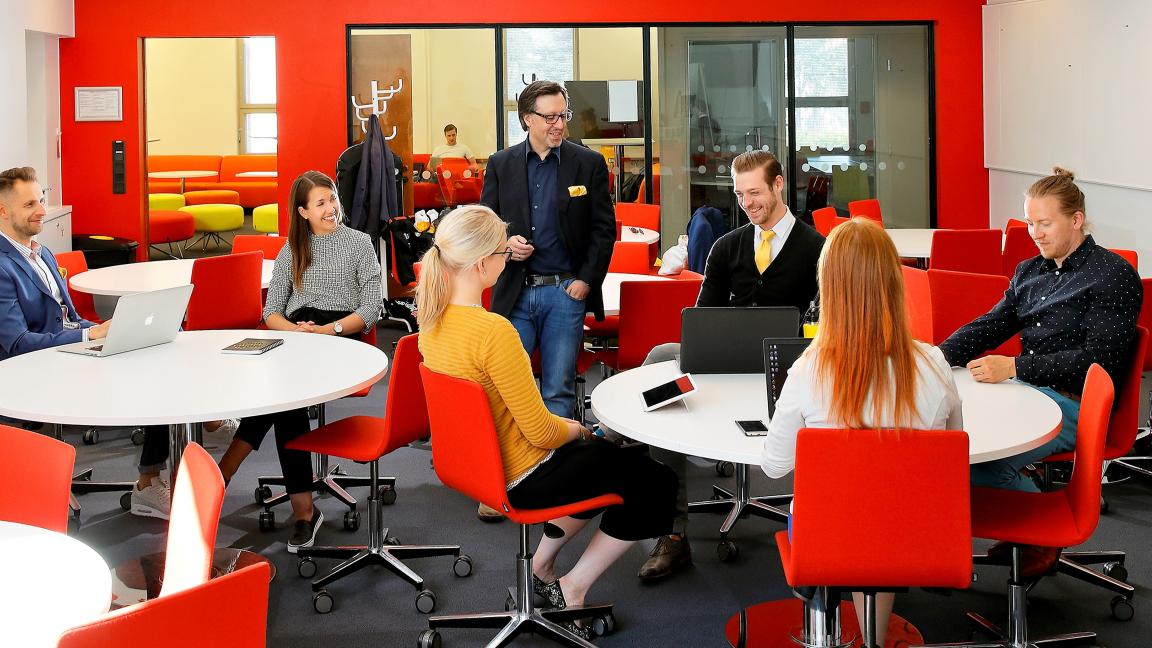This recognition demonstrates that the University of Vaasa consistently focuses on enhancing the conditions for research and the work of researchers. The recognition reinforces the implementation of good human resources policies, as well as the continuous development of researchers' working conditions, research infrastructure, and support services. The university was first awarded the quality label in 2014, and following this successful external evaluation, it can now continue to use the HR Excellence quality label.
– The University of Vaasa offers the opportunity to build a successful academic career in an international and diverse community. I want to express my gratitude to our entire staff because our university's strength and accomplishments depend greatly on the committed efforts of our skilled and motivated employees. As a result, we prioritise the well-being of our staff and the development of the work environment, says Minna Martikainen, rector of the University of Vaasa.
– In addition to being an excellent tool for development, the HR Excellence programme helps us create a work environment that promotes research and supports the career development of the entire staff, Martikainen continues.
To get the quality label, the university must in its practices commit to common European recommendations and principles for improving working conditions for researchers. A university aspiring to obtain the quality label must go through a strategic process that examines its current state concerning the Commission's objectives and creates an action plan to address the identified areas for improvement.
According to the evaluation panel, implementing the quality programme over the past 10 years has brought many advantages to the University of Vaasa. For example, initiatives aimed at increasing internationalisation have attracted more researchers and students from abroad. They have provided positive feedback on measures taken to welcome new employees and their families. The panel also highlights the university's efforts to improve work-life balance and working conditions, such as campus renovations.
– The evaluation panel considers many of the measures presented by the university as examples of best practices and could recommend them to other organisations throughout Europe, says Martikainen pleased.
